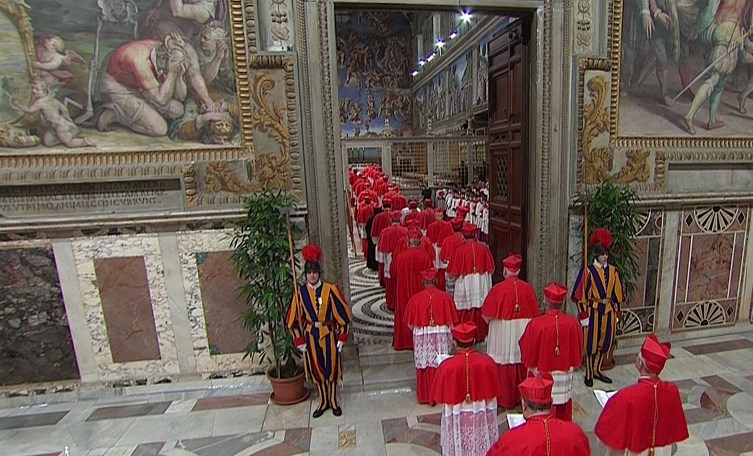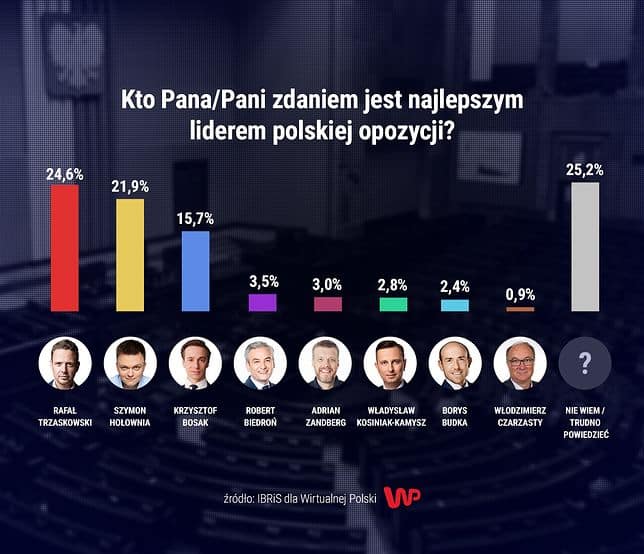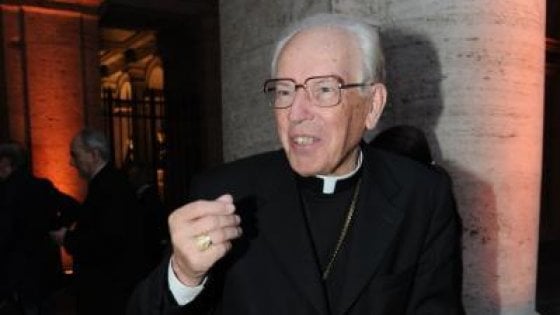Vatican To Block Mobile Signals During Papal Conclave

Table of Contents
Reasons Behind the Mobile Signal Blockade
The Vatican's decision to enact a mobile signal blockade during the Papal Conclave is rooted in a desire to uphold centuries-old traditions and ensure the integrity of the election process. This crucial decision prioritizes several key factors related to secrecy, confidentiality, and information security:
-
Maintaining the Secrecy of the Conclave: The secrecy surrounding the conclave is a long-standing tradition, designed to protect the cardinals from undue external pressure and allow for free and independent deliberation. Leaks of information could significantly compromise this process.
-
Preventing Leaks and External Influence: A mobile signal blockade aims to minimize the risk of information leaking to the outside world. This prevents potential manipulation or influence on the voting process from external parties, ensuring a fair and unbiased election. The confidentiality of the ballots and the deliberations is paramount.
-
Information Security and Integrity: Protecting the integrity of the Papal election is of utmost importance. A communication blackout safeguards the process from cyberattacks or attempts to disrupt the proceedings through technological means.
-
Protecting the Cardinals: The signal blockade provides the cardinals with an environment free from the distractions and potential pressures of the outside world, allowing them to focus solely on the critical task of electing a new Pope.
Technological Aspects of the Mobile Signal Blockade
The implementation of a mobile signal blockade within Vatican City requires sophisticated technology and careful planning. Several technological solutions are likely to be employed:
-
Signal Jamming: This technique involves disrupting the radio frequencies used by mobile phones, effectively preventing communication within a specific area. The Vatican likely will utilize advanced jamming technology to ensure complete coverage within and around St. Peter's Basilica and the surrounding areas where the Conclave takes place.
-
Faraday Cages: These enclosures block electromagnetic fields, preventing signals from entering or leaving. While unlikely to cover the entire area, Faraday cages might be used to secure sensitive areas within the Vatican.
-
Geographical Scope: The blockade will likely encompass not only Vatican City itself but also extend to a surrounding radius to prevent communication from nearby locations.
-
Impact on Other Communication Methods: While mobile signals will be blocked, landlines and potentially satellite phones might remain functional, though their use may be strictly regulated. The logistical complexities of this operation, including coordinating with Italian telecommunications authorities, are substantial.
Reactions and Criticisms of the Mobile Signal Blockade
The Vatican's decision to implement a mobile signal blockade has generated a mixed reaction. While some view it as a necessary measure to uphold tradition and ensure the sanctity of the Papal election, others express concerns:
-
Public Opinion and Media Coverage: The decision has received extensive media coverage, sparking a global debate about its implications and necessity in the modern age. Public opinion is divided, with some supporting the measure to preserve tradition, and others criticizing it as a step backwards in terms of transparency.
-
Transparency and Accessibility: Critics argue that the blockade undermines transparency and limits access to information about the election process, hindering public understanding of this significant event. The lack of real-time updates might fuel speculation and misinformation.
-
Tradition vs. Modernization: The decision highlights the ongoing tension between upholding ancient traditions and adapting to the realities of the digital age. The Vatican faces the challenge of balancing the need for secrecy with the demands for openness and accessibility in a globally connected world.
-
Unintended Consequences: The blockade could have unintended consequences, such as disrupting emergency services or hindering communication for essential personnel within Vatican City.
Alternatives to Complete Signal Blocking
The complete blocking of mobile signals is not the only approach to ensuring secrecy and security during the Papal Conclave. Alternative solutions could be explored:
-
Secure Internal Communication Network: The Vatican could establish a secure, internal network for communication among cardinals, limiting access to authorized personnel only. This would allow for controlled communication while maintaining a level of secrecy.
-
Technological Challenges and Costs: Implementing such a secure network would require significant technological investment and expertise, presenting logistical challenges.
-
Balancing Security with External Communication: The Vatican could explore ways to balance security needs with maintaining a limited level of external communication, perhaps through designated channels and controlled access.
Conclusion
The Vatican's decision to block mobile signals during the Papal Conclave represents a significant event, reflecting the inherent tension between centuries-old traditions and the demands of the digital age. While aiming to protect the secrecy and integrity of the election process, this decision has sparked considerable debate regarding transparency and the use of technology within the Vatican. The challenges involved in balancing tradition with modern security measures are considerable.
Call to Action: Stay informed about the upcoming Papal Conclave and the implications of the mobile signal blockade. Learn more about this complex decision and its impact on future Papal elections by following reputable news sources and engaging in informed discussions on the topic of Papal Conclaves and mobile signal blocking. Understanding the interplay between tradition, security, and technology in this significant event is crucial.

Featured Posts
-
 Will The Pittsburgh Steelers Trade Their Star Wideout A Look At Potential Deals
May 07, 2025
Will The Pittsburgh Steelers Trade Their Star Wideout A Look At Potential Deals
May 07, 2025 -
 Ib Ri S Dla Onetu Kto Zyskal A Kto Stracil Zaufanie Polakow
May 07, 2025
Ib Ri S Dla Onetu Kto Zyskal A Kto Stracil Zaufanie Polakow
May 07, 2025 -
 Papa Francesco La Geografica Del Nuovo Collegio Cardinalizio E Le Sfide Future
May 07, 2025
Papa Francesco La Geografica Del Nuovo Collegio Cardinalizio E Le Sfide Future
May 07, 2025 -
 Leaked Texts Anthony Edwards Conversation With Ayesha Howard About Abortion
May 07, 2025
Leaked Texts Anthony Edwards Conversation With Ayesha Howard About Abortion
May 07, 2025 -
 Anthony Edwards Injury Update Will He Play In Timberwolves Lakers Game
May 07, 2025
Anthony Edwards Injury Update Will He Play In Timberwolves Lakers Game
May 07, 2025
